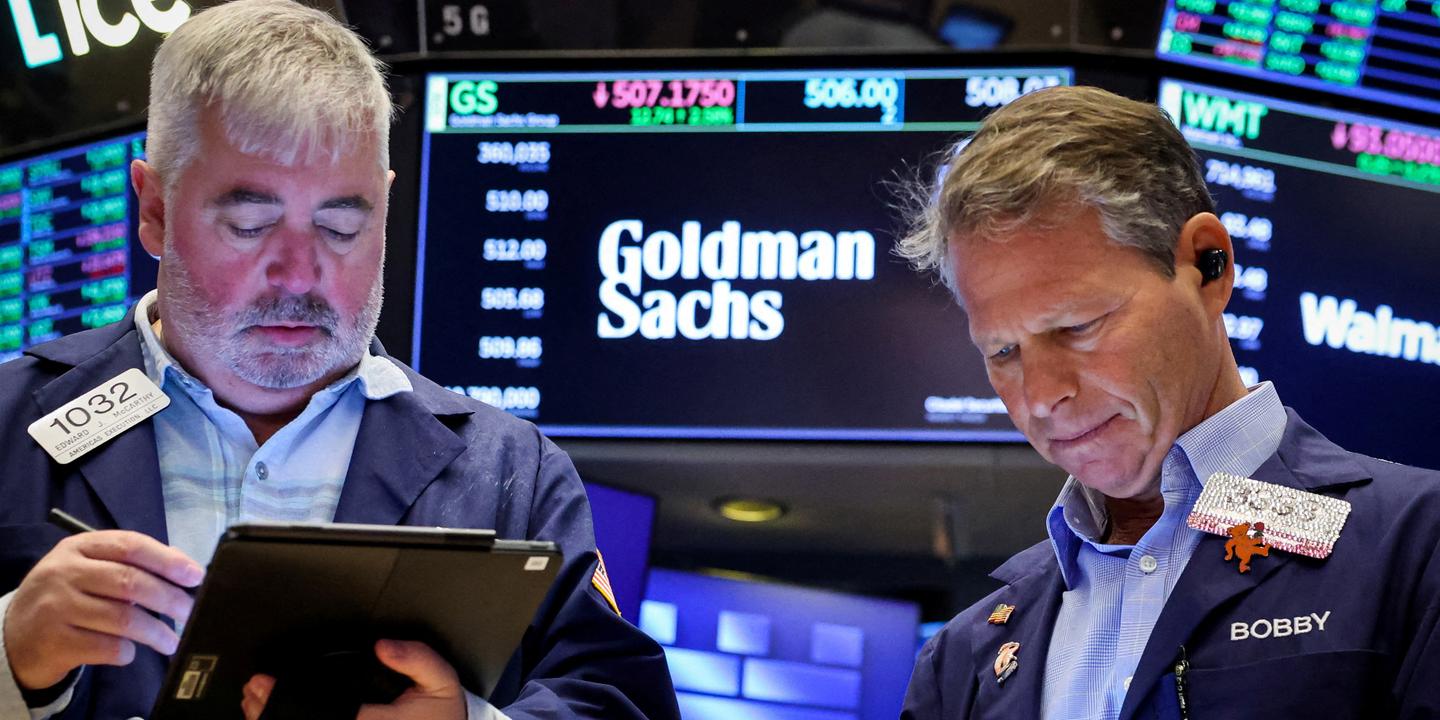Trump vs. Wall Street: The Global Financial Powder Keg Ready to Explode

Wall Street's Nerves: Presidential Market Manipulation or Strategic Gamesmanship?
The White House has become a high-stakes arena where presidential actions send tremors through financial markets, raising critical questions about intentional market influence. Renowned economist Jézabel Couppey-Soubeyran warns of a potentially dangerous economic scenario: a speculative bubble teetering on the brink of collapse.
Presidential statements and tweets have increasingly become powerful tools that can instantaneously shift investor sentiment, creating an unprecedented dynamic where political communication directly impacts stock valuations. Some financial experts argue that this represents a calculated strategy, while others view it as a reckless game of economic chicken.
The underlying risk is profound: a sudden market correction could trigger widespread economic instability. Investors and analysts are watching closely, wondering whether the current market momentum is sustainable or merely a fragile construct built on political rhetoric and speculative enthusiasm.
As tensions mount, the delicate balance between political communication and market stability remains a critical challenge, with potentially far-reaching consequences for global financial systems.
